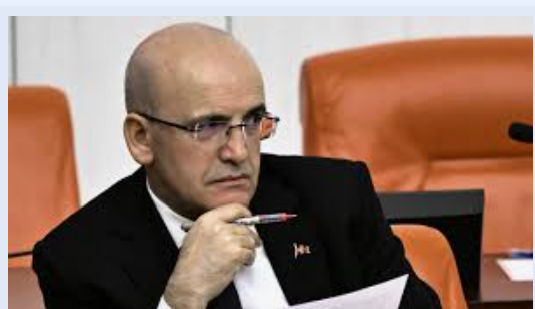Yesterday the Central Bank of Turkey confirmed that it had returned a $5 billion deposit supplied by the Saudi Fund for Development in March 2023, in the latest sign that Turkey’s economic reforms are yielding results.
The Saudi bank handed over the $5 billion deposit at a time when Turkey’s foreign reserves were massively depleted and there were significant concerns around the Turkish economy.
Prior to the election in May last year, President Erdogan remained committed to an ultra-loose monetary policy that has seen inflation saw to 75% and caused the Turkish lira to drop to record lows against the dollar. Partly to try and prop up the lira, the central bank sold off billions of dollars’ worth of foreign reserves, which were also hit by high consumer demand in Turkey for imported goods. It was in this context that Ankara turned to Riyadh for support to keep their reserves at a healthy level.
However, following the election, Erdogan has pivoted to pursue more mainstream economic policies. He has appointed orthodox figures to key positions, including at the central bank and the finance ministry, which is currently headed up by the former Wall Street banker Mehmet Simsek.
While Turkey remains in a challenging economic environment, Simsek-led reforms – which have involved substantially increasing interest rates in a bid to bring down inflation – have started to yield results. Capital inflows are on the up, the exchange rate has stabilised, and, importantly, foreign reserves have been accumulated.
Analysts say the decision to hand back $5 billion worth of reserves to Saudi Arabia is a show of confidence, suggesting Turkey believes it is now able to stand on its own two feet.
Daglar Ozkan, an investment banker in Istanbul, told Disruption Banking that “this shows the central bank no longer needs or wants to artificially boost the gross reserves figureq it is good news, the central bank is confident and abandoning unnecessary measures.”
Timothy Ash, an emerging markets economist, similarly said that this is a “sign of confidence – the Simsek team have built foreign exchange reserves with gross reserves now up over $150 billion, a record high.”
“I guess having such swap facilities with other central banks is somewhat useful at a time of crisis and maximum pressure on reserves. But it’s kind of a window dressing as in reality these reserves can never really be used,” he added. “Better to have hard cash on the bank of your own – and now Turkey is moving to a much better underlying position with net reserves now positive.”
Optimism in Turkish markets has been growing for some time. In August last year, the global credit ratings agency Moody’s suggested that Turkey could be on course for a ratings upgrade, in the first major sign that global markets were taking note of Erdogan’s dramatic pivot to conventional monetary and economic policy.
disruptionbanking.com
